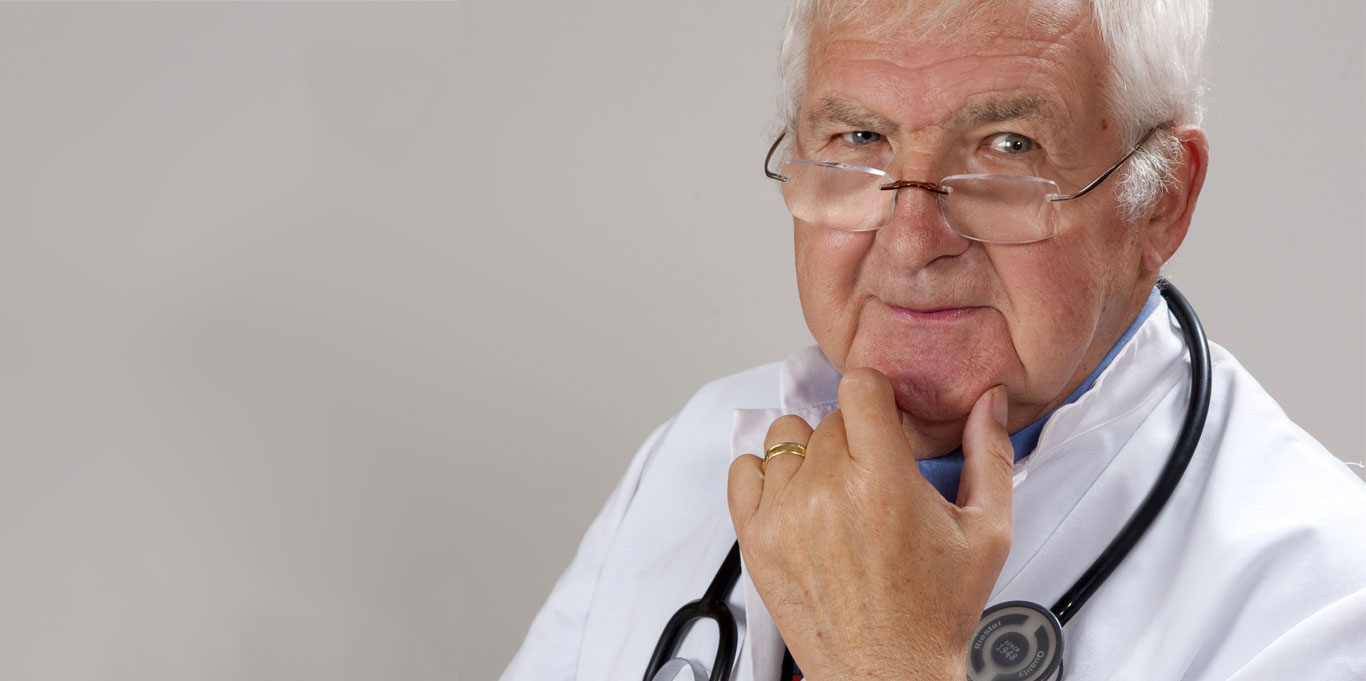
Example Improving a product
John has a patent over a pharmaceutical substance for treating diabetes.
Intellectual Property Principles
As explained in the previous section, generally any unauthorized use or exploitation of a patented invention, product or process is treated as an infringement under Australian law. However, patent law provides for some exceptions to infringement. These exceptions allow someone to use the invention in certain circumstances, without the permission of the patent owner. For your purposes, the most relevant and important exception is the exception for ‘experimental use’.
The experimental use exception permits a person to do an act that would normally infringe a patent, so long as that act is for an ‘experimental purpose’ relating to the invention. The Patents Act lists some things that are considered to be experimental purposes, including:
To sell a product that is identical to or incorporates John’s substance would be an infringement.
What the exception enables Michelle to do is be ready to launch with her new, improved substance as soon as John’s patent ends, instead of having to wait 20 years before she can even run any tests and experiments.